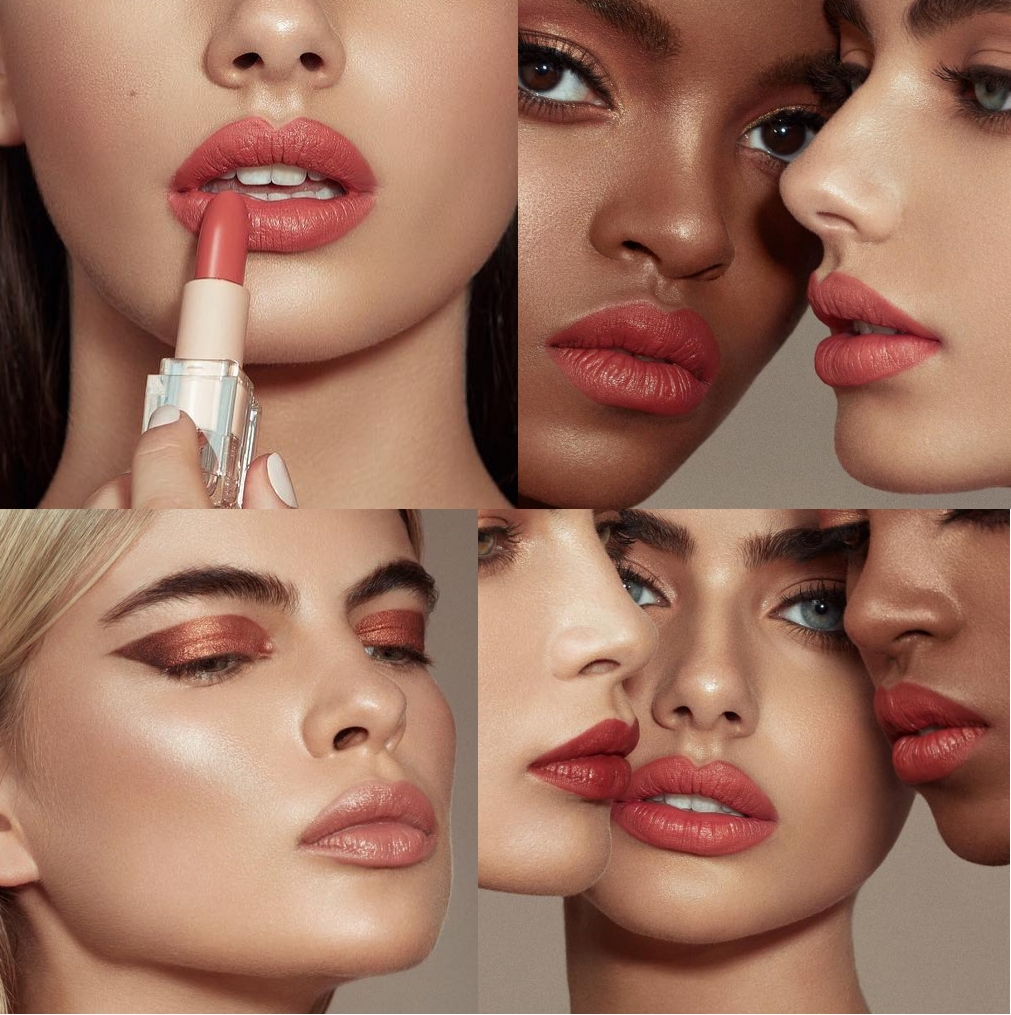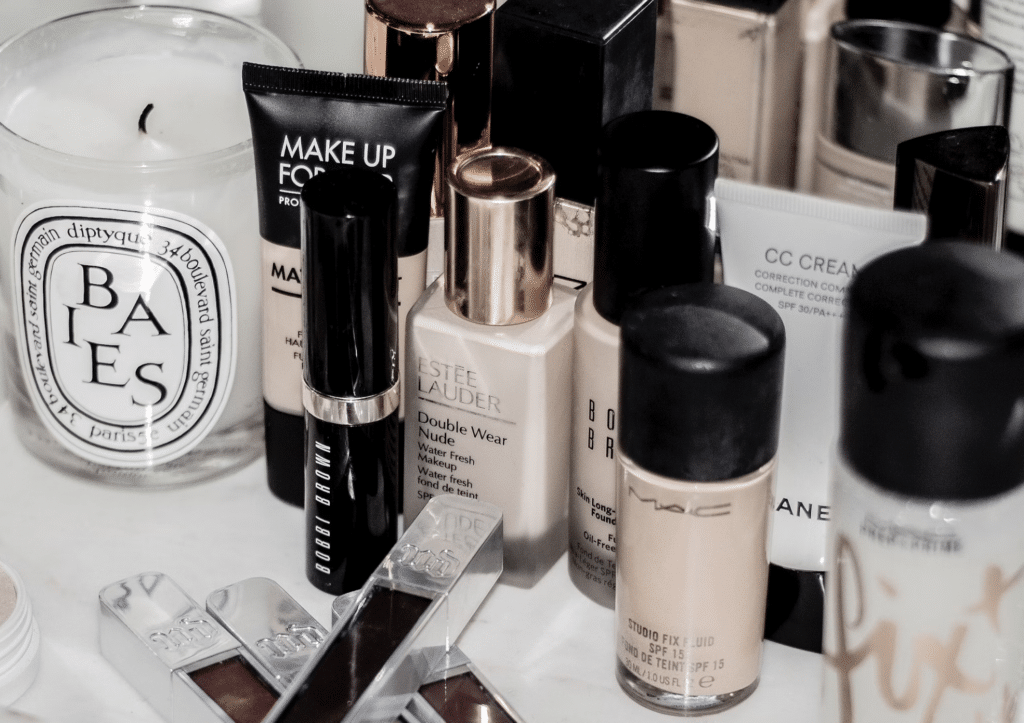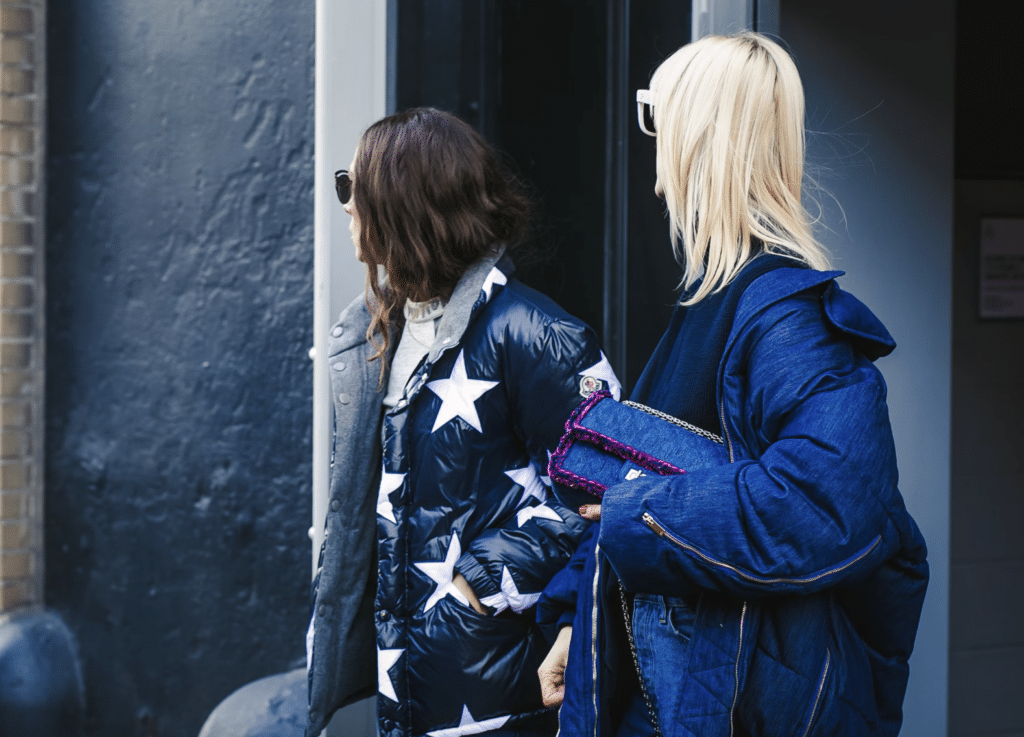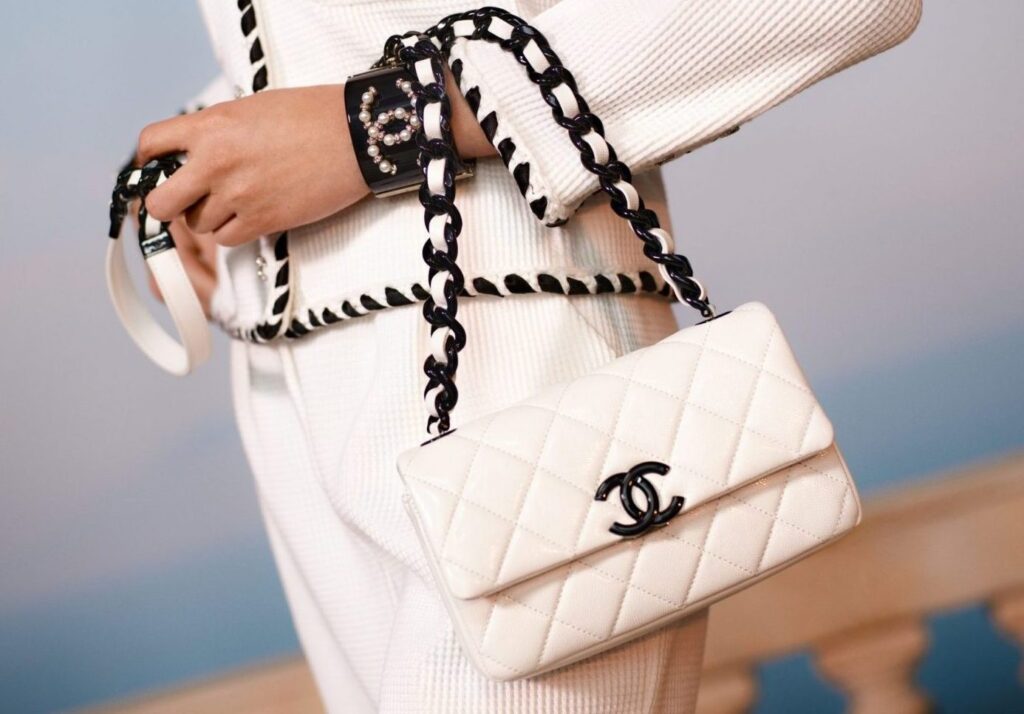Coty’s tie-up with Kim Kardashian’s KKW Beauty is official, the beauty giant revealed on Tuesday, announcing that it has completed a purchase of 20 percent of Kardashian’s KKW in a deal that values the 4-year old company at $1 billion. First announced in June 2020, the “strategic transaction” will see Coty and Kardashian focus on “entering new beauty categories and [engaging] in global expansion beyond existing product lines,” including by way of the development of her skincare line, which Coty says remains on track for an expected launch in fiscal year 2022.
“Kardashian West and her team will lead the creative efforts relating to product and communications initiatives, building on her remarkable global reach capabilities through social media,” Coty stated on Tuesday, while the New York-headquartered cosmetics titan says that it “will have overall responsibility for the portfolio’s development (skincare, haircare, personal care and nail products), leveraging its deep understanding of the industry and its commercial and go-to-market expertise.” Through this relationship, “Each party will leverage its unique strengths to enhance a high growth, direct-to-consumer first beauty brand,” with products to be sold through “leading luxury beauty retailers, as well as owned digital channels,” according to Coty.
The newly-completed deal, which doubles down on Coty’s existing bet on direct-to-consumer sales and expansion from lip kits and makeup to skincare in connection with the 51 percent stake in acquired in Kylie Jenner’s Kylie Cosmetics for $600 million in November 2019, seems to indicate that Coty is undeterred by pending legal action centering on its existing stake in Kylie Jenner’s cosmetics brand, and its previously-announced partnership with KKW.
Involved in a string of cases filed over the past year, Coty was named in a trade secret-centric lawsuit this summer over its Kylie Cosmetics acquisition, with Seed Beauty seeking judicial intervention to put a stop to Coty’s alleged “theft of [its] pioneering and proprietary digital-first business model that has revolutionized the cosmetics industry,” which it is allegedly carrying out via its billion-dollar deals with members of reality television’s most famous family.
According to the heavily-redacted complaint that it filed against Coty and Kylie Jenner’s corporate entity King Kylie LLC in a California state court on June 30, Seed Beauty – the beauty brand incubator responsible for helping to launch Kylie Cosmetics and KKW thereafter – alleges that as a result of Coty’s inability to “successfully compete in the new digital cosmetics world through its own innovation,” the legacy beauty conglomerate has enacted a plan “to steal the secret sauce behind Seed.”
The issue at play in connection with both of the Kylie Cosmetics and KKW deals, according to Seed’s complaint: As the party tasked with “formulating, making, packaging, and shipping all of Kylie’s products,” as well as those of KKW Beauty, Seed is the owner of an array of proprietary and confidential information that is essential to the working of its “unique business model.” While it maintains exclusive rights in such confidential information – including its vertical integration capabilities, the structure of its partnerships, and the terms of its deal, Seed claims that King Kylie has had access to some of the most valuable and secretive elements of its business. And thanks to its deals Kylie Cosmetics, Coty has actually “gained unlawful access to [its] proprietary strategies for developing and growing cosmetics brands.”
Hardly a one-off, the Seed v. Coty case followed just weeks after Southern California-based Seed filed a similar suit against Kardashian’s KKW brand (Coty is not a party to that suit), aiming to keep the KKW from sharing “highly sensitive and confidential trade secret information” with Coty, and thereby, causing “irreparable harm” to the company that helped Kardashian to launch KKW back in 2017.
Both lawsuits are still currently underway in California state court, with Coty and Kylie Jenner seeking to have the trade secret misappropriation and tortious interference lawsuit handled out of court and within the confines of confidential arbitration given that the contract that Jenner and Seed entered into in furtherance of with Seed’s creation, manufacture, and sale of Kylie Cosmetics contains a provision that mandates that disputes arising in the course of their deal be handled by way of arbitration, if such a disagreement between Jenner and Seed comes about, the parties would generally be unable to pursue the case in court.
Those cases are not the only ones that have erupted from Coty’s Kardashian-Jenner deals. In May 2020, almost two years after Forbes crowned Kylie Jenner the “youngest-ever self-made billionaire,” the business magazine had another story to tell: Jenner and her team had been “inflating the size and success of her [Kylie Cosmetics] business for years.” The article – which is still live on Forbes’ website sans any corrections or retractions – proved to be an internet sensation in much the same way as Jenner’s initial “Billionaires” cover. But beyond proving inherently clickable and share-able, the article prompted the filing of a lawsuit accusing Coty and a handful of its highly-ranking officers and directors of running afoul of U.S. federal securities laws in connection with the acquisition of Kylie Jenner’s cosmetics collection.
In a proposed class action lawsuit filed in a New York federal court on September 4, Coty shareholder Crystal Garrett-Evans argues that the defendants engaged in “a fraudulent scheme and course of business that operated [to deceive] purchasers of Coty shares by disseminating materially false and/or misleading statements and/or concealing material adverse facts … about Coty’s business, operations, and prospects.”
Among the things that Coty “misrepresented” and/or failed to disclose? “Despite being no stranger to beauty brand acquisitions, Coty did not have adequate processes and procedures in place to assess and properly value the P&G Specialty Beauty Business and Kylie Cosmetics acquisitions, [and] as a result, Coty overpaid for [them].” More than that, Garrett-Evans claims that the defendants were either “aware or severely reckless in not knowing that Coty did not have adequate processes and procedures in place to assess and properly value acquisitions.”
As a result of its failure to properly value its acquisitions, Garrett-Evans alleges that “Coty’s financial statements and the defendants’ statements about Coty’s business … were materially false and/or misleading at all relevant times.” Due to such “wrongful acts and omissions, and the [resulting] decline in the market value of the Company’s stock,” Garrett-Evans says that she and other class members “have suffered significant losses and damages.” She points to Forbes’ May 29, 2020 article about how Jenner had allegedly “been inflating the size and success of her business for years,” as evidence of Coty “overvaluing yet another acquisition.” (Garrett-Evans claims that Coty had previously overpaid when it acquired P&G’s Specialty Beauty Business).
That case is also still underway, albeit not in a California state court but the U.S. District Court for the Southern District of New York.
Taken together the cases, which bring Coty into the fold either directly (as in the Kylie cases) or indirectly (Coty’s name is riddled throughout the complaint that Seed filed against KKW), shed light on the perils that can come with companies’ M&A activities. Coty addressed the potential – as well as the very concrete – downsides of its joint ventures in its 2020 annual report, in which it states that its “acquisition activities and other strategic transactions expose us to certain risks,” especially given that its “due diligence investigations may fail to identify all of the problems, liabilities, or other challenges associated with an acquired business, which could result in increased risk of unanticipated or unknown issues or liabilities.”
Coty notes elsewhere in the report that it is “subject to legal proceedings and legal compliance risks in connection with legacy matters involving the P&G Beauty Business, the Burberry fragrance business […] the King Kylie business, and the pending Kim Kardashian West business, that were previously outside our control and that we are now independently addressing, which may result in unanticipated or new liabilities.” Still yet, Coty notes in a “forward looking statement” disclaimer in its January 5 release about the completion of the KKW deal that its “statements are based on certain assumptions and estimates that we consider reasonable, but are subject to a number of risks and uncertainties,” including (but not limited to), “litigation, arbitration, including the complaint filed by Seed Beauty, LLC and MM Cosmetics, LLC against KKW Beauty, LLC, or investigations relating to the strategic partnerships with Kylie Jenner and Kim Kardashian West.”
Ultimately, the draw of the Kardashian-Jenners and their sweeping follower base, which Coty spotlights in its release, noting that Kardashian “is one of the world’s highest-profile and influential consumer personalities, with 300 million followers across her personal and brand social media channels and a large global audience” (plus the very-real possibility of Kardashian-initaited litigation had Coty sought to pull out of the KKW deal) outweighs the legal drama that comes with them. This seems to be particularly true given the new deals on the horizon – “It was announced that Disney is working with the Kardashian-Jenner family on global content on its Hulu and Star platforms,” per Coty – that will keep this famous family in the spotlight (and in demand among beauty-buying consumers) for the foreseeable future.














